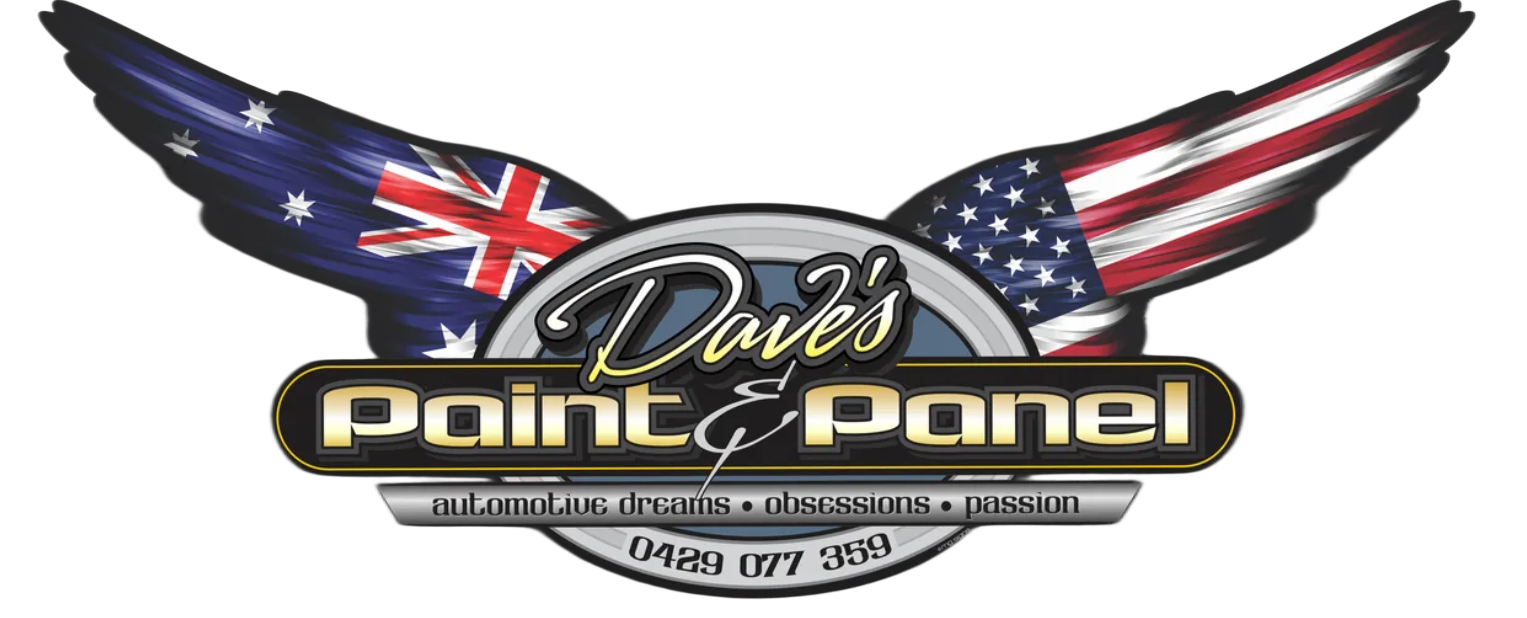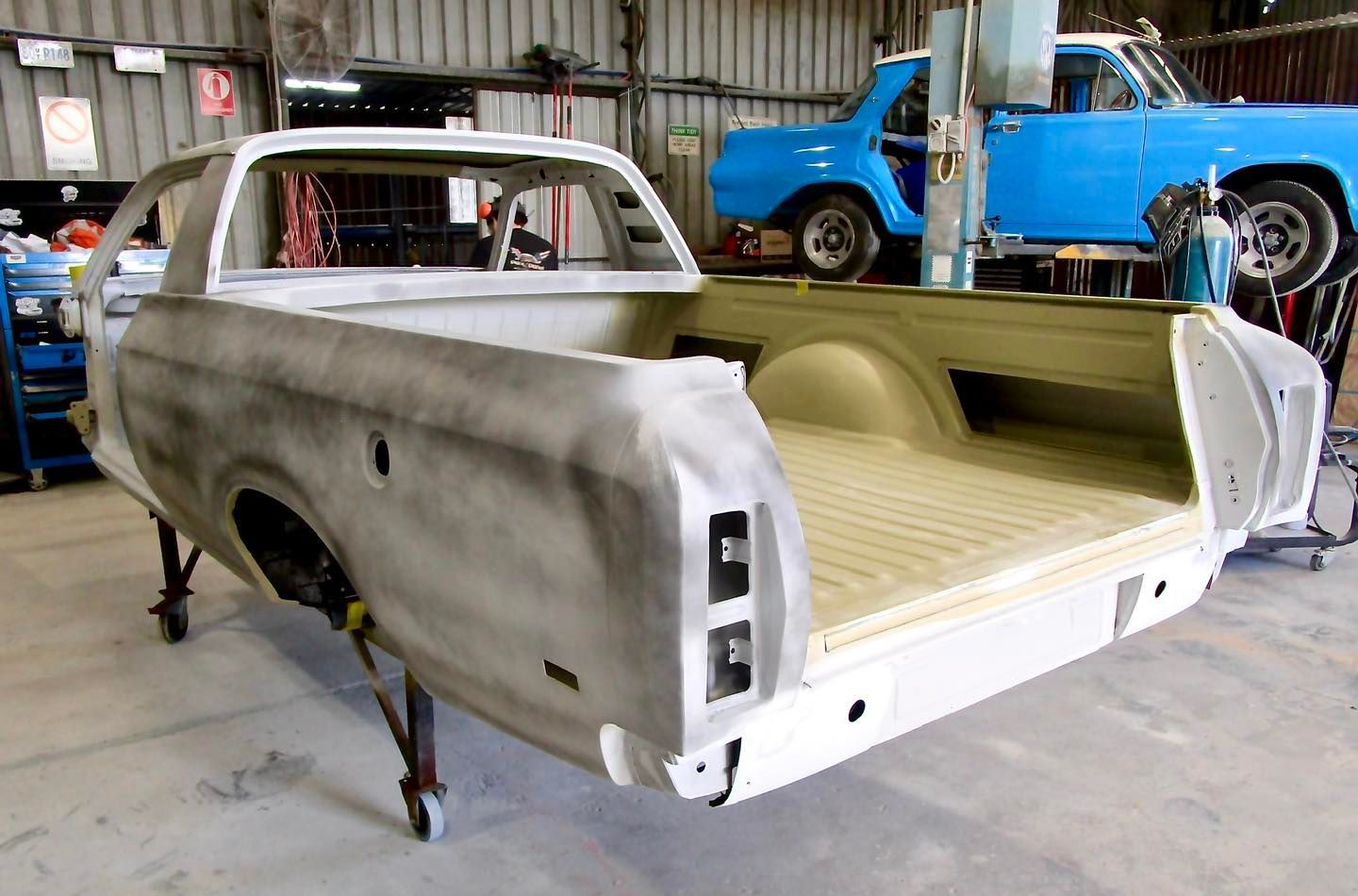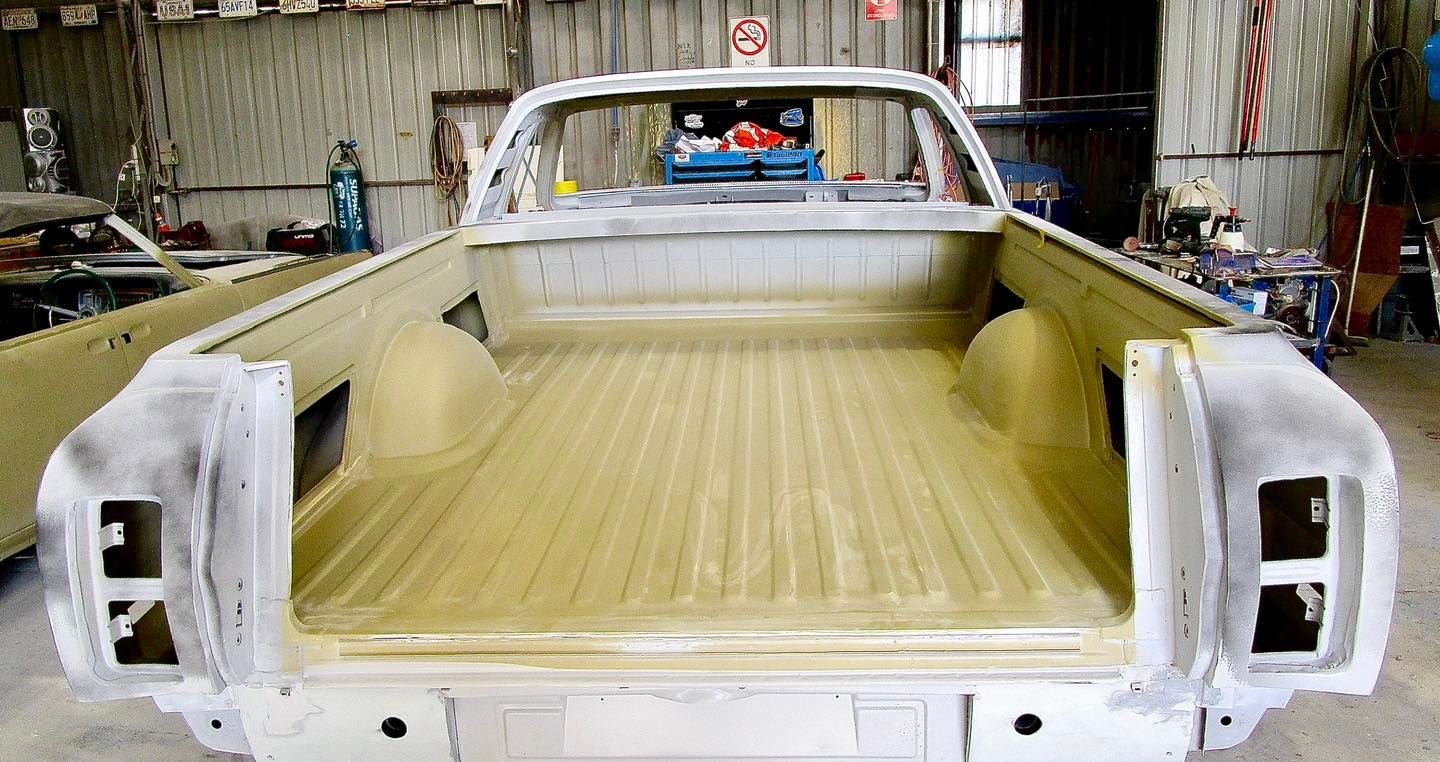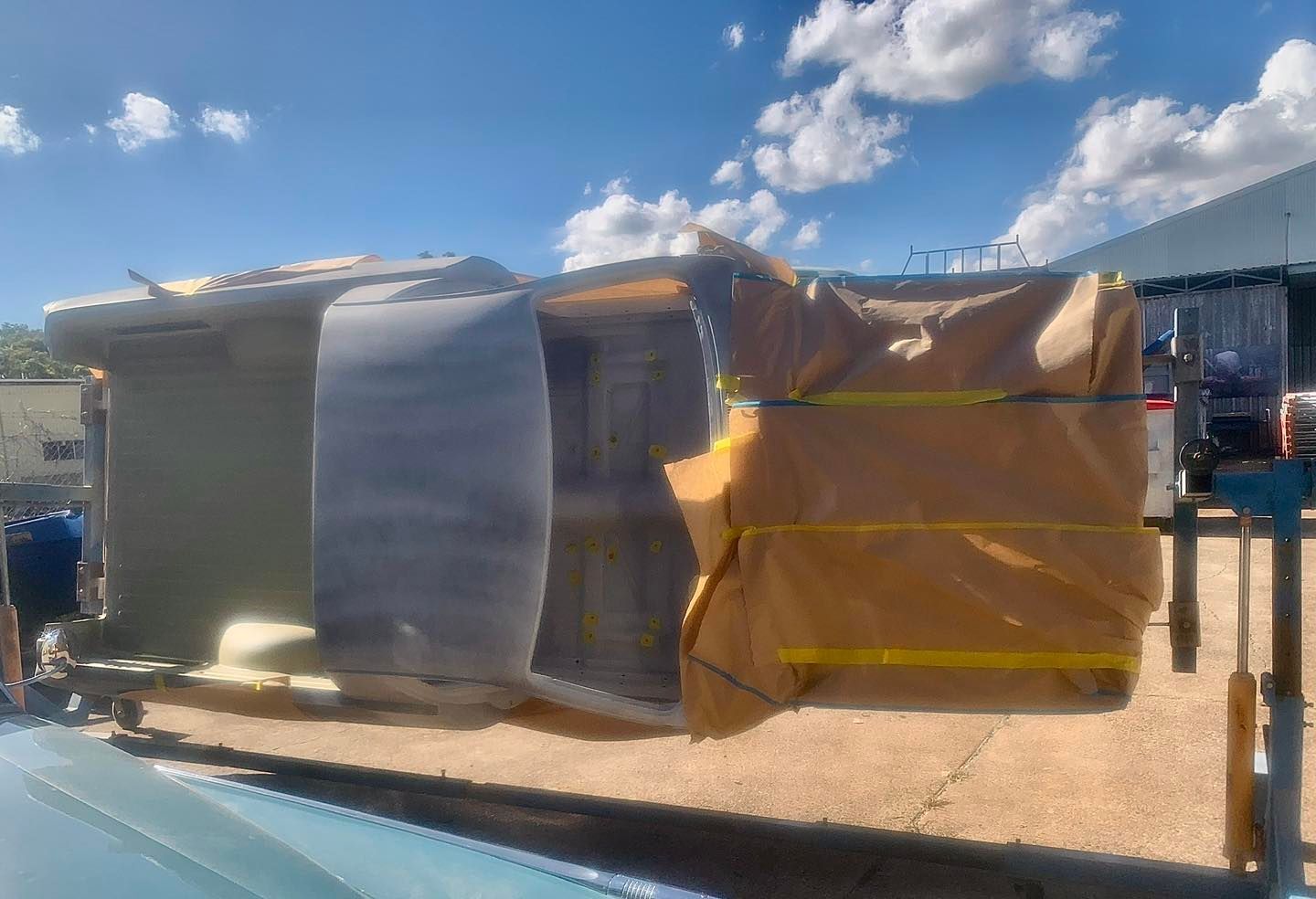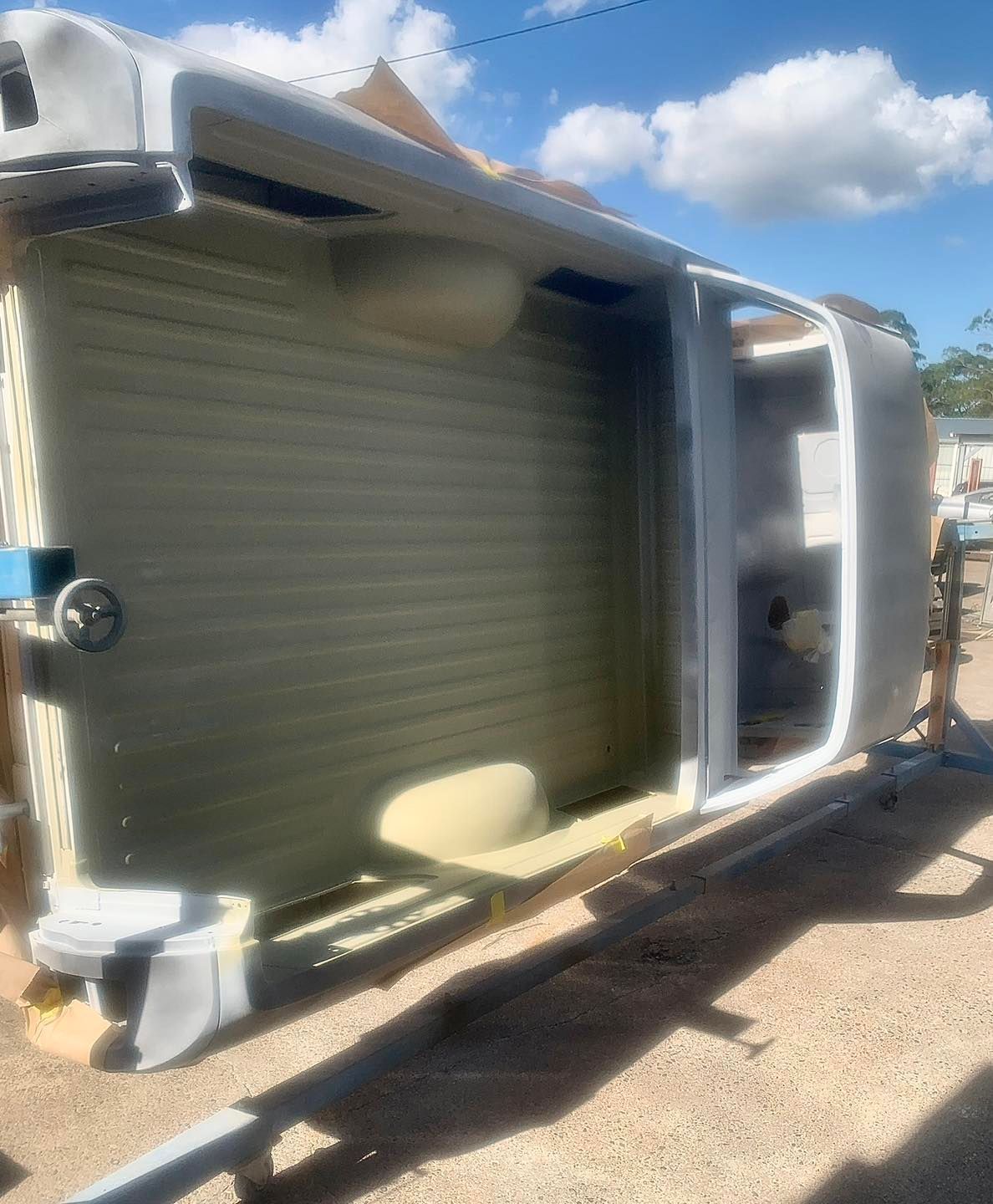NEWCASTLE’S LICENSED VSCCS VEHICLE CERTIFIER
Dave’s Paint & Panel in Cardiff, NSW, also provides licensed VSCCS engineering and certifier services across Newcastle, NSW, and the Central Coast, NSW, ensuring modified and non-standard vehicles meet safety and roadworthiness requirements. As a licensed Vehicle Safety Compliance Certification Scheme (VSCCS) certifier, Dave assesses modifications, confirms compliance with NSW standards, and issues the necessary certification so vehicles can be legally registered and returned to the road.
WHAT IS VSCCS & WHY IT MATTERS
The Vehicle Safety Compliance Certification Scheme (VSCCS) is the regulatory framework used in NSW to assess and certify non-standard vehicles and modifications that fall outside factory specifications. Certification confirms a vehicle is safe and meets legal requirements for registration. Without proper certification, owners risk being unable to register their vehicle or having to undo work later, which can be costly and time-consuming. VSCCS certification therefore protects both the owner and the wider community by ensuring modifications have been inspected and approved by an authorised certifier.
THE ROLE OF A CERTIFIED VSCCS ENGINEER/CERTIFIER
A VSCCS certifier inspects vehicles, evaluates modifications, and determines whether engineering or remedial work is required to achieve compliance. This includes assessing structural integrity, steering and suspension changes, engine conversions, chassis alterations, roll-cage installations, and other upgrades that affect safety. The certifier produces reports, issues compliance documentation, and provides guidance on what needs to be completed or designed for the vehicle to meet roadworthy standards.
COMMON MODIFICATIONS THAT REQUIRE VSCCS ASSESSMENT
Not every cosmetic change needs certification, but many mechanical and structural modifications do. Typical examples include:
- Engine swaps and major powertrain conversions
- Chassis alterations, tube-frame modifications, and significant structural repairs
- Suspension geometry changes, lifted or lowered setups beyond manufacturer limits
- Roll cages and significant interior structural changes
- Wheel and axle modifications that alter load ratings or handling dynamics
- Electric vehicle conversions and fuel system changes
- Major braking upgrades or steering system alterations
If you’re unsure whether a modification requires certification, it’s best to consult the certifier before work begins; early advice can prevent wasted time and expense.
LEGAL OUTCOMES & LIMITATIONS
VSCCS certification confirms a vehicle meets the standards at the time of inspection. It does not remove the need to maintain the vehicle or follow future regulatory changes. In some cases, certification may be conditional, requiring follow-up inspections or additional protective measures before full registration is granted. Additionally, certain extreme modifications may require formal engineering design documentation before approval can be considered.
VSCCS CERTIFICATION FAQS
What is a VSCCS certifier?
A VSCCS certifier is an authorised professional who inspects modified or non-standard vehicles to determine whether they meet NSW safety and registration standards and issues compliance documentation when appropriate.
Why does my modified vehicle need VSCCS certification?
Modifications that affect a vehicle’s structure, handling, or safety systems can impact roadworthiness. Certification verifies these changes are safe and legal so the vehicle can be registered.
What qualifications does a VSCCS certifier have?
Certifiers must meet specified qualifications and insurance requirements, commonly including an automotive trade qualification (such as Certificate IV or equivalent) and appropriate professional indemnity cover, before being licensed.
How long does certification take?
Simple inspections may be completed in a few days; complex conversions or engineering assessments can take several weeks, depending on design, testing, and any remedial work required.
Will certification guarantee registration?
Certification provides the required compliance paperwork for registration, but the final registration decision is made by the registration authority. Conditional requirements can sometimes be imposed.
Can you certify imported or rebuilt vehicles?
Yes. Imported, rebuilt, and converted vehicles are commonly assessed under VSCCS, but they often need more extensive documentation and testing.
Do I need to get engineering drawings for major modifications?
For significant structural or mechanical changes, formal engineering drawings and calculations are often required to demonstrate safety and compliance.
How much does certification cost?
Costs vary by vehicle complexity and the work required. A pre-inspection assessment helps determine the likely scope and fees.
Need VSCCS certification for your vehicle? Send us your details and ensure your vehicle is fully compliant with Dave’s Paint & Panel.
